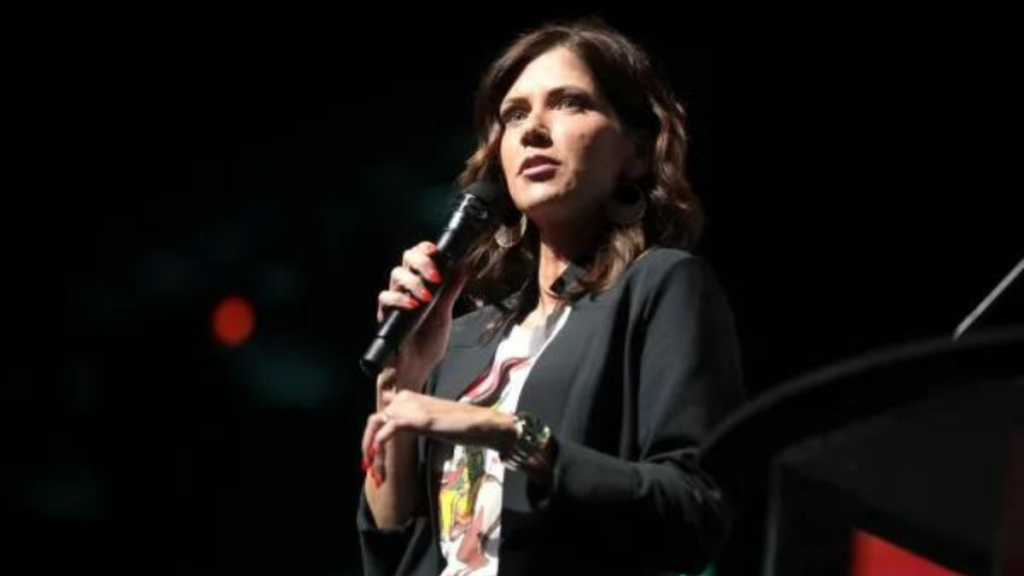Last updated on February 7th, 2024 at 08:53 am
South Dakota is set to modify its laws against child sexual abuse imagery to incorporate those created with artificial intelligence (AI). The change, a shared effort by GOP Attorney General Marty Jackley and legislators, expands to include deepfakes, altered images or videos designed to resemble actual individuals. The move comes as a response to state and local investigations needing federal intervention due to current laws not being compatible with AI developments.
Proposed penalties include mandatory minimum prison sentences of one, five, and ten years for first-time offenses of possession, distribution, and manufacturing respectively. The measure was passed by a 64-1 vote in the Republican-controlled House of Representatives, following a unanimous approval from the Republican-majority Senate. The bill is now being directed to Republican Governor Kristi Noem.
Simultaneously, another measure seeking to categorize the animal sedative xylazine as a controlled substance is on its way to Governor Noem. In view of the recent Office of National Drug Control Policy classification of xylazine and fentanyl as an “emerging threat”, AG Jackley has cited xylazine as a “national epidemic”. The drug poses health risks including difficulty breathing, low blood pressure, slow heart rate, and even death. This bill, in favor of allowing xylazine for veterinary use, proposes penalties of up to two years in prison and/or a $4,000 fine for possession and use.
Both bills have been unanimously passed in both the House and the Senate and await Governor Noem’s approval. In her recent State of the State address, Noem underscored the issue with xylazine.
